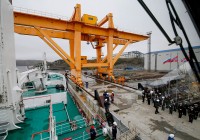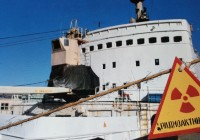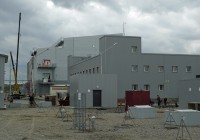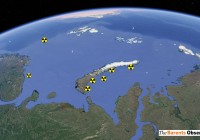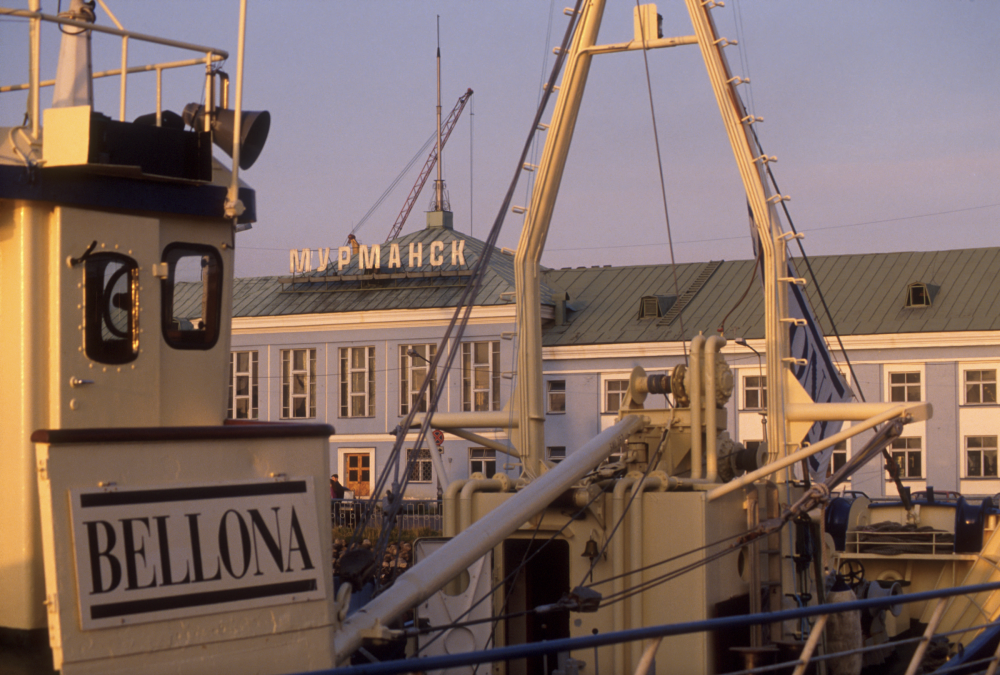
Bellona halts activities in Russia after 30 years of environmental work
ADVERTISEMENT
“This is a dark time for humanity and for the environment,” the Norwegian-originated organization says in a statement. “Our thoughts are with all the victims of the war.”
Bellona’s Russian offices, in St. Petersburg and Murmansk, are independent groups but work in close cooperation with the Oslo office. Focusing on nuclear safety, the organization has since the mid 1990ties helped target international funding to dismantle Cold War submarines and secure radioactive waste in the northern regions of Murmansk and Arkhangelsk.
Aleksandr Nikitin, chairman of Environmental Right Centre Bellona (ERC Bellona) is deeply worried about the future safety of Russia’s nuclear waste sites.
“There is always a concern for the safety of these facilities. In times of war, this concern rises many times over,” Nikitin says to the Barents Observer.
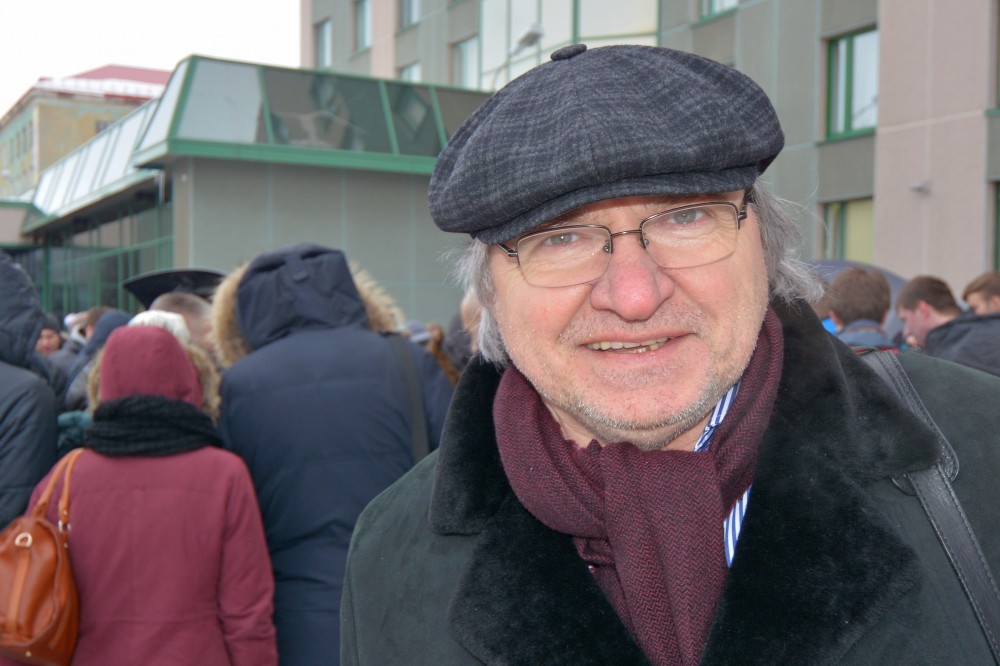
On the Kola Peninsula, Bellona’s work opened the door for international technical and financial cooperation at sites like the navy’s dump in Andreeva Bay, the nuclear icebreakers’ waste storage at Atomflot in Murmansk and in Gremikha, the abandoned submarine based on the eastern shores to the Barents Sea where spent nuclear fuel containers were stored outdoor exposed to the harsh Arctic climate.
ADVERTISEMENT
“I think that international cooperation will stop in many areas, including in the use of atomic energy,” Aleksandr Nikitin says.
In 2017, Bellona’s Russian branch was declared foreign agent by the Ministry of Justice in Moscow who argued that the group was doing political work with funding from abroad. Despite being stigmatized, Bellona reorganized its offices’ legal statutes and continued to work and expand activities to include nuclear safety and renewable energy projects in Ukraine.
With Putin’s massive military attack on Ukraine, doors are now closing.
“Our purpose has to this day been to raise awareness, create a safer future and increase human wellbeing through open cooperation, belief in science and honest dialogue. We have seen firsthand what great progress can be made when the international community rallies around a common cause for good. Solving these issues is the very science of progress. War is the science of destruction,” Bellona states.
“We will therefore halt our external activities in our Russian offices for the foreseeable future,” the organization says, but underlines that when this war is over “we are ready to continue our work and outreach.”
ADVERTISEMENT
The Barents Observer Newsletter
After confirming you're a real person, you can write your email below and we include you to the subscription list.



